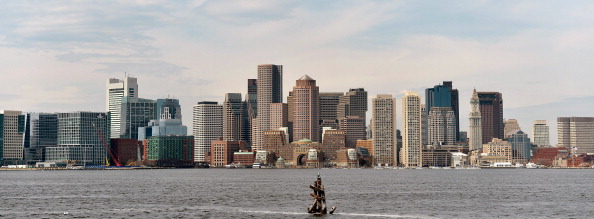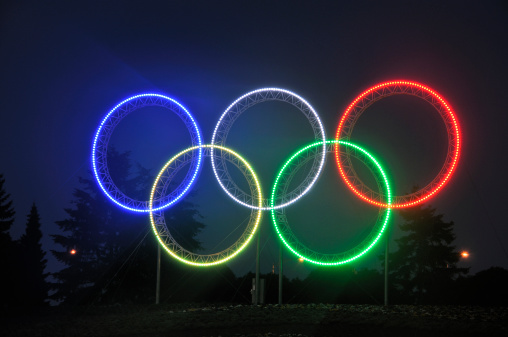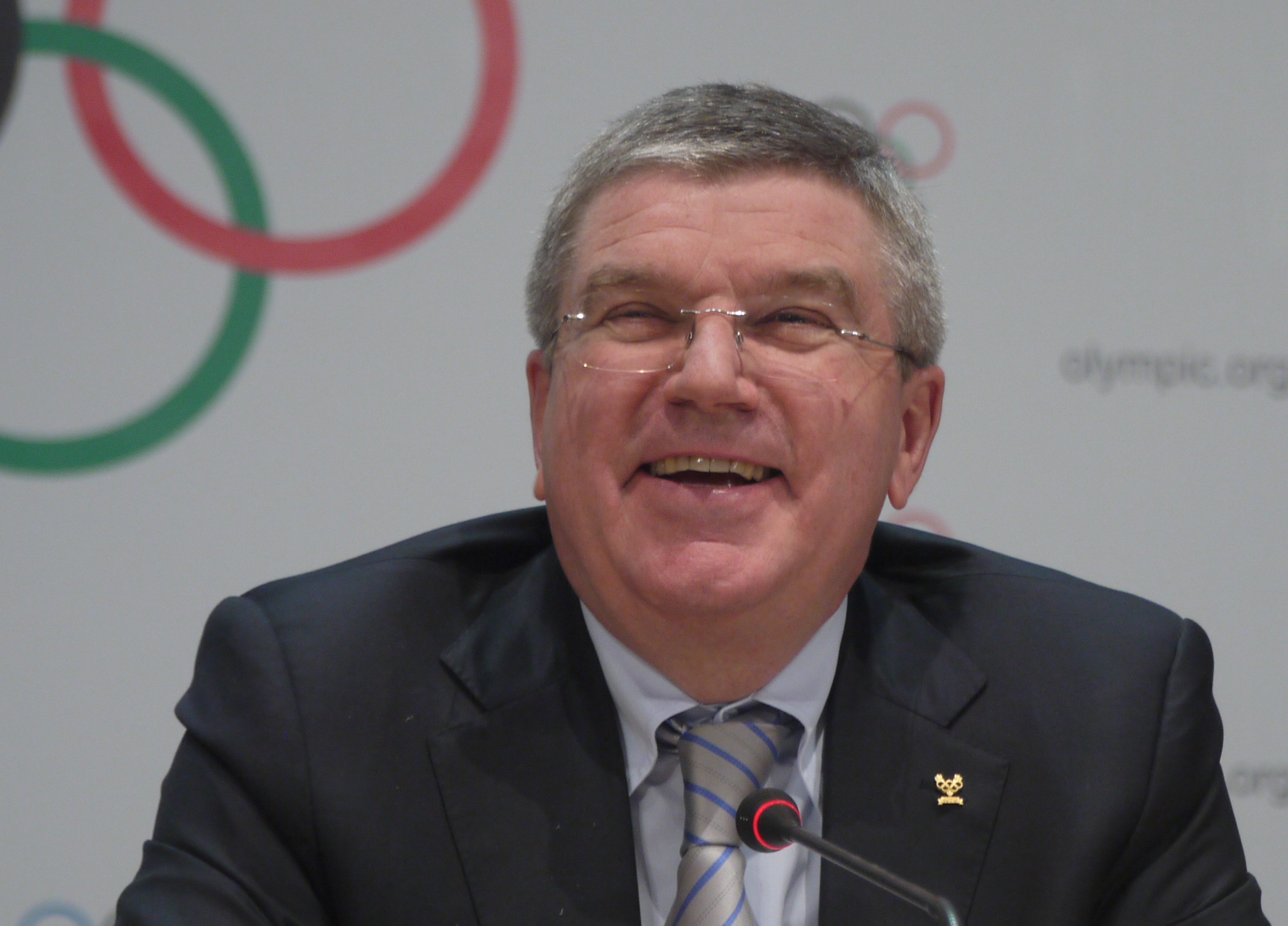Political and organizational culture can be a famously difficult thing to articulate. But as U.S. Supreme Court Justice Potter Stewart famously said in a very different context, you know it when you see it. What’s coming this summer at the IAAF, track and field’s international governing body, is a “climate of monumental political change,” according to a memo sent out Saturday from the USA Track & Field board of directors. And that, it says, is why Stephanie Hightower, not Robert Hersh, is unequivocally “the best candidate for 2015 and beyond” to be nominated for the U.S. seat on the ruling IAAF council.
The three-page memo went out to USATF association presidents, zone representatives and committee chairs. The next USATF board meeting is March 14, in advance of the Los Angeles marathon.
The memo marks the next step in what has been a controversial, and misunderstood, process stemming from the 2014 USATF annual meeting in Anaheim, Calif.
The memo attempts to clarify, as well as bring some much-needed context, to the process.
At issue: who should get the USATF nomination for a seat on the policy-making IAAF council.
At the Anaheim meeting, delegates voted 392-70 to recommend Hersh for the slot. Key word: recommend. The board then heard from both candidates, Hersh and Hightower. It voted, 11-1, for Hightower.
The backdrop:
Hersh, who turns 75 this coming Thursday, Lincoln’s Birthday, has been the U.S. rep to the IAAF since 1999. He is an accomplished lawyer and expert in the rules of track and field. If Hersh got four more years, he’d see 79 before the end of his term.
It was also in 1999 that Primo Nebiolo of Italy, who had been IAAF president since 1981, died. Lamine Diack of Senegal, the acting president, took over. Diack subsequently has been re-elected president — unopposed — in 2001, 2003, 2007 and, somewhat unexpectedly, in 2011.
Diack is now 81. He will turn 82 on June 7. He has announced that this is his final term.
The election to replace him will take place Aug. 18 in Beijing, immediately before the world championships at the Bird’s Nest Stadium, site of the 2008 Olympic Games.
The list of serious contenders to replace Diack is expected to be two: Britain’s Sebastian Coe, the famed middle-distance runner of the 1980s who led the hugely successful London 2012 Games, and Sergey Bubka, the pole-vault champion who now heads Ukraine national Olympic committee and is, as well, a member of the International Olympic Committee’s executive board.
There are four IAAF vice presidents. Coe and Bubka are two. Hersh is another. The fourth is Qatar’s Dahlan Jumaan al-Hamad.
Hersh, at the most recent IAAF elections, in Daegu, South Korea, in 2011, was given the No. 2 IAAF position, the senior vice-presidency. Saturday’s USATF memo does not say this but this space will: this was not owing to Hersh’s accomplishments or achievements but very likely due to political expediency. Everyone within IAAF circles knew full well by then that Coe and Bubka were lining up for the presidency. Hamad had other battles to wage — see Doha’s bid’s for the 2017 and 2019 world championships (in 2011, an American bid for the world championships was a pipe dream). Who was left? Hersh.
Coe is 58.
Bubka is 51.
Hightower, the USATF chairwoman, was a champion hurdler in the 1980s. She is 56.
Put in plain terms: Hightower, Coe and Bubka are peers and contemporaries. As the memo says, she “enjoys especially good relationships with them, making her a very strong candidate.”
She has strong relationships “throughout the IAAF, and especially among women and federations in the Caribbean, Africa and the Middle East,” which also helps advance her candidacy. She has a “strong track record of advocacy … at the international level.”
This, too: the IAAF has a “demonstrable need for more women and women of color.” Hightower is African-American.
But, the memo says, “the biggest issue [the board] discussed was the current state and future direction of the IAAF and its leadership, and it is the topic on which we must speak most strongly in this memo. It is the decisive reason why we chose Stephanie Hightower as the best candidate.”
When Hersh went on the council in 1999, the memo says, that was part of the “political shift that look place as part of a new era of IAAF leadership.”
Now a new shift is underway.
“With Mr. Diack leaving office this summer, many others will also be leaving their positions of power of authority, just as had transpired after Nebiolo’s death and Mr. Diack’s ascendancy. Regime change at the top brings with it regime change at all levels. At the IAAF, a change in the presidency carries with it huge shifts in political climate and power structure, as well [as] changes in staffing, appointees, voting [blocs], elections, policy, rules … a top-to-bottom change is afoot, on a very broad scale.
“Given this climate of monumental political change at the IAAF, and given how closely Mr. Hersh is connected to the tenure and administration of the outgoing presidency, the board believes USATF would compromise the United States’ political position at the IAAF if we were to nominate a candidate for Council who is part of that past, outgoing power and leadership structure.”
Also this, and it has to be noted, because Hersh is indeed the senior vice-president, even as it should also be noted Hersh has not — repeat, not — been accused of any misconduct or wrongdoing:
“The IAAF is under considerable scrutiny at the moment as the handling of doping protocols and charges of corruption related to certain business dealings within the highest level of the organization are currently under investigation. USATF is not a party to those investigations and, like the rest of the world, awaits the outcome of the investigations.”
The memo continues on page three:
“Even though [Hersh] has served ably since 1999, there is no guarantee of Mr. Hersh’s re-election,” and it says in this space that this point must be emphasized.
“If USATF were to put him up for election amid all the change cycle, we are more likely to be perceived as backward-looking to the previous administration rather than forward-thinking to the next administration.
“Bob has served actively since 1999, but since that time there has not been a specific action at the IAAF that has actively advanced the interests of American athletes or teams,” and the opinion in this space is that this assertion is indeed the case. Through the Sydney, Athens, Beijing and London Olympics; through world championships in Seville, Edmonton, Paris, Helsinki, Osaka, Berlin, Daegu and Moscow; through BALCO and other doping scandals, including the most recent one that has now taken out the immediate past chair of the USATF athletes’ advisory council and one of the leading sprinters in recent memory, the essential question has always been — what is Bob Hersh doing?
The memo continues:
“With a new IAAF president about to be elected — and all that goes with it — whatever ability Mr. Hersh may have had to [effect] positive action at the IAAF for American athletes is gravely mitigated by the new IAAF circumstances and the changes that will happen this summer. We are not saying Mr. Hersh has done anything wrong. We recognize simply that a new leadership structure and IAAF organizational structure — one that Ms. Hightower has close ties to and excellent relationships with — will soon be in place. As [a] result of all the above considerations, Ms.Hightower is the best candidate.”
The memo observes that in its deliberations the board “openly discussed the [392-70] vote on the floor … and took that recommendation very seriously.” It also “listened to presentations” made by both Hersh and Hightower that were “markedly different in respect to future advancement of the sport.”
The memo says, “The facts we based our decision on were not those that had been discussed — and perhaps not even known — by Annual Meeting attendees in the days leading up to the [vote]. Mr. Hersh had addressed many committee meetings to present the case for himself as USATF’s IAAF Council nominee. It is our understanding that the political changes taking place at the IAAF, and how USATF could most effectively be part of them, were not part of those discussions. Those, however, were the considerations that were the crux of our decision.”
It also says, “We fully understood that our choice of Stephanie Hightower would not be popular among the delegates who voted for Mr. Hersh. We fully understood that our selection was in direct conflict with the recommendation, and that some people would be (and are) very upset by the fact that we didn’t simply accept the recommendation. But we also fully understood that our function was to select the best — and not necessarily the most popular — candidate based on everything we know.”






















